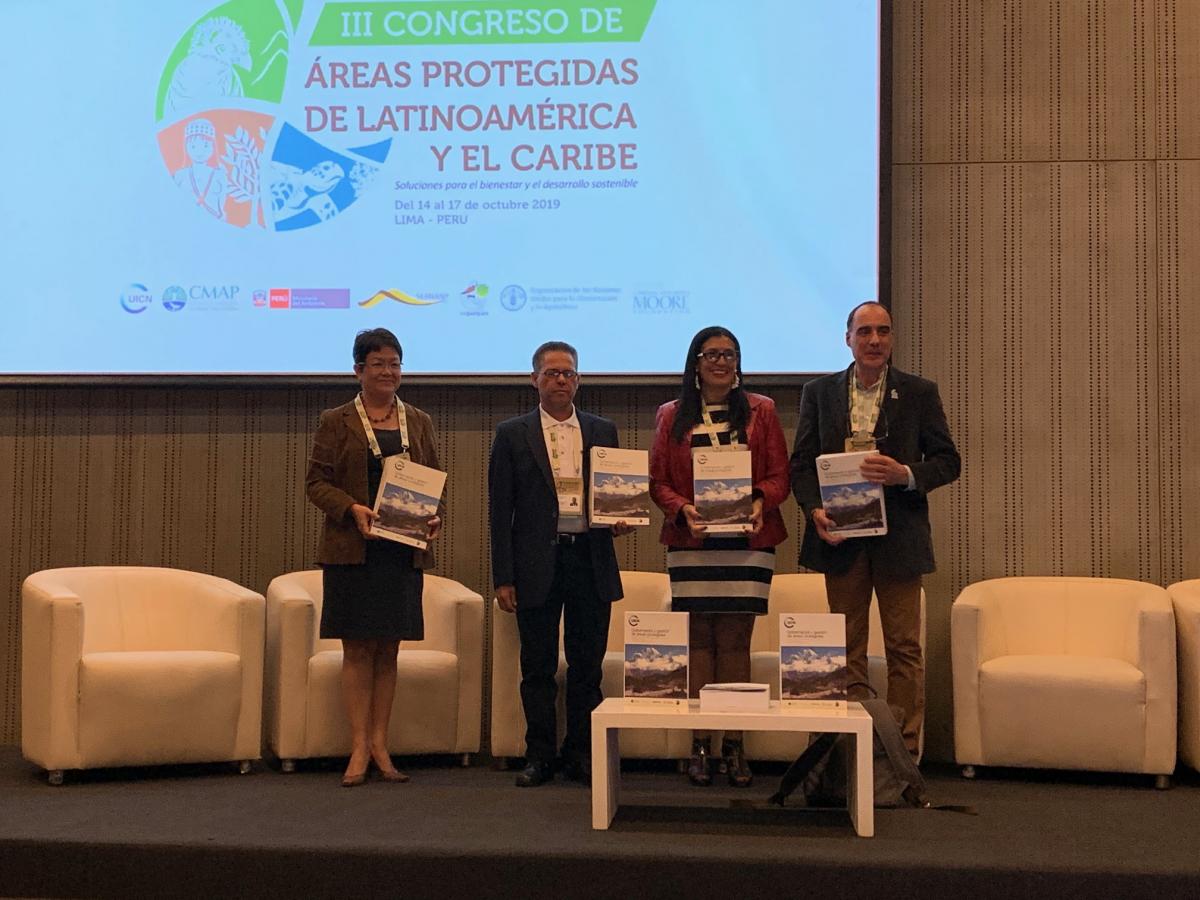Strengthening community responses to whale & dolphin conservation
Whales, dolphins and propoises are arguably the best known and most commonly seen marine mammals; over 25 species are found in India. The size and pivotal position of marine cetaceans within food webs makes them ecologically important and a significant conservation concern. In recent years, the number of reported dolphins, whales and finless porpoises being washed ashore along India's coastline has increased substanially, requiring an urgent need for a national response protocol and its effective implementation
IUCN, through the Mangroves for the Future (MFF) initiative, Terra Conscious and the Goa Forest Department organized a series of workshops on 28 and 29 June towards strengthening Marine Mammal Conservation: Stranding Responses. The workshop trained more than 150 lifeguards and 50 Forest Dep. Range Officers to handle live and dead marine mammals that have washed ashore.
"Drishti lifeguards are first line responders to marine animal stranding, acting as the eyes and ears for the Goa Forest Department" - Mr Anil Kumar, Chief Conservator of Forests, Goa Forest Dep.
The trainings help increase the likelihood that live stranded animals are saved and any carcasses that wash ashore are disposed of correctly. The basic measurements and data collected will help identify trends in stranding events and develop on-ground conservation solutions.
Dolphin related tourism operations sustain the livelihoods of hundreds of people in Goa. A study by IUCN and WWF India, through MFF, found that over 250 dolphin watching boats have been registered in North Goa alone. IUCN, in partnership with Terra Conscious and the Goa Forest Department will continue to capacity build stakeholders including tourism operators in sustainable and responsible species-based tourism and conservation.
In the news: Times of India article
For more information, contact: Dr. N.M. Ishwar (Programme Coordinator, IUCN India Office): nm.ishwar@iucn.org







